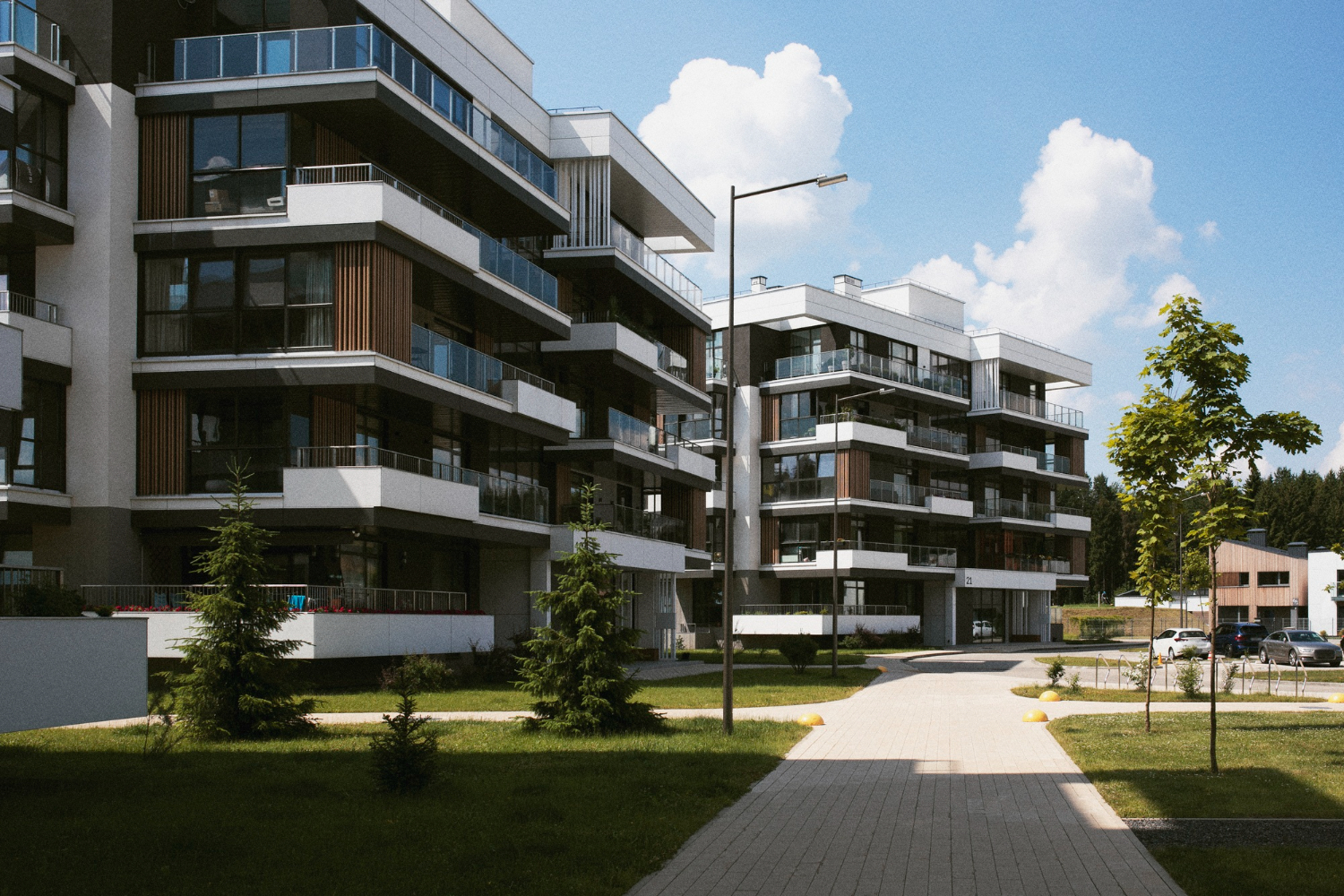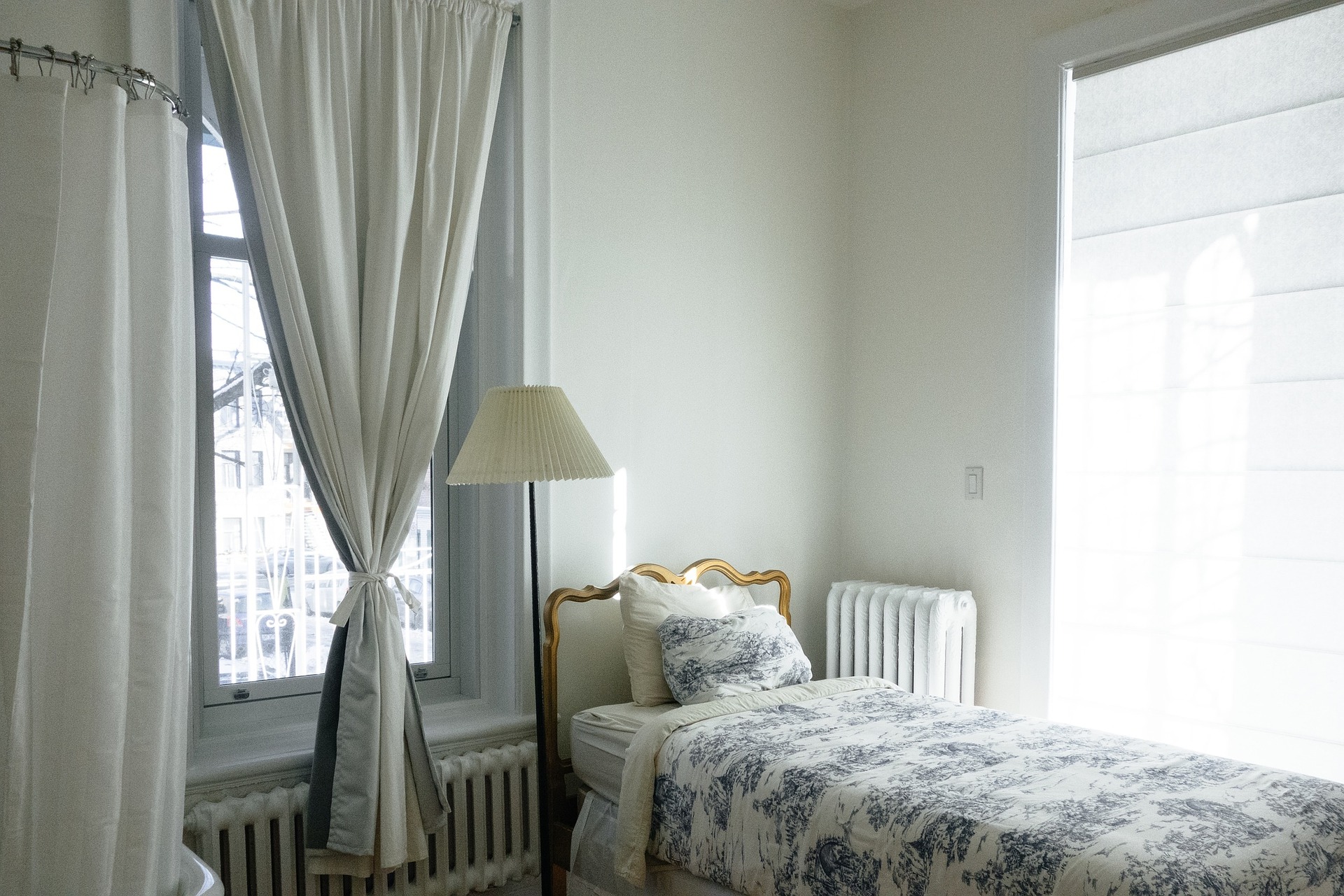, There can be many reasons to buy a condo, but here are seven only. But first, what is a condo? Is it just a fancy name for a town apartment? Apparently not. A condo is a part of a larger housing unit where all units are separate but at the same time, the owners/occupants share the common public areas like recreational facilities, swimming pools, and stuff. Although many Americans won’t say it loudly, living in a condo community is part of the American Dream especially when you want to live in a popular city center like Los Angeles. Here are some perfect reasons to buy a condo over a house.
1.Condos Cost Much Less Than Regular Houses :
A condo is going to cost much less not only to buy but also to maintain as opposed to a regular family house. Just imagine a community where some other people do the maintenance and upkeep for you. If the grass needs to be cut, you find it cut, you don’t worry about who cuts it. If the roof needs repair, another person does it for you. With these knick-knacks taken care of for you, you can have peace of mind and your condo-home will be an abode of peace all the time, worth coming home to every evening. If this is the first time that you are buying a home and you do not have a lot of money saved up, start by buying a condo. It’s cheaper especially when you target a popular place to buy a property. Luxury condos in Los Angeles are much cheaper than regular luxury houses in the same area of Los Angeles.
2. If You Travel A Lot :
If you are sickly, elderly, if you work for a multinational corporation that keeps you on the road all the time, we have got good news for you, but first, buy a condo. A condo has most of its repair and maintenance needs taken care of. Thus, you do not have to bother yourself with such things. Someone else takes care of these things for you.
3. A Condo Is Very Secure :
That is right; express condos are very secure since they are more of a gated community. There are locked gates, security professionals and even doormen. You can lock up your condo and go to Singapore for the entire summer. When you come back, you will find your home secure, just as you left it. Granted, you will be required to pay association fees for the same, but what is a small fee if you will get the full value for it? Condos are actually communities where you live close to your neighbors. Thus, it is hard for a burglar to do a break-in without the people closest to you hearing it.
4. Condos Are Always Located In Great Locations :
Condos are located in the suburbs, on the beach and other desirable locations. One of the chief considerations for condo developers is the proximity of all the amenities that a community needs in its daily life. Shopping centers/malls/markets, schools, hospitals and so on are some of the considerations. If you go to buy a detached home on the beachfront, you will pay an awesome lot of money. If you buy a condo in a community located on the beachfront, it will cost much less than a detached home. Also, if you are looking to by condos in Los Angeles, you can check out Los Angeles luxury real estate websites to find affordable luxury express condos.
5. Easy To Find Tenants :
If your condo is free for a year as you travel the world, well, it is easy to find a tenant for it than it would be to find one for a large house. Because condos are cheaper to buy, they are also cheaper to rent, therefore making it easy to find a tenant. In addition, condo communities are located in the most convenient places, at the center of everything.
6. Many Amenities :
Ok, so the social and recreational facilities are shared, but that does not matter a lot because they are still great. When looking for a condo to buy, look for one that offers a fitness center, swimming pool, recreational court and other amenities. These are hard to find in detached homes unless you come from the trust fund kind of family and you do not mind coughing up a pretty dollar.
7. Enjoy All The Benefits That Regular Homeowners Enjoy :
A condo owner is a homeowner, and there are no two ways about that. Therefore, when you buy a condo, you have the liberty to do everything that you need to do, which includes renting it out, building an extension as well as take benefit of your home equity as you pay many months of mortgage.
Read Also :






















